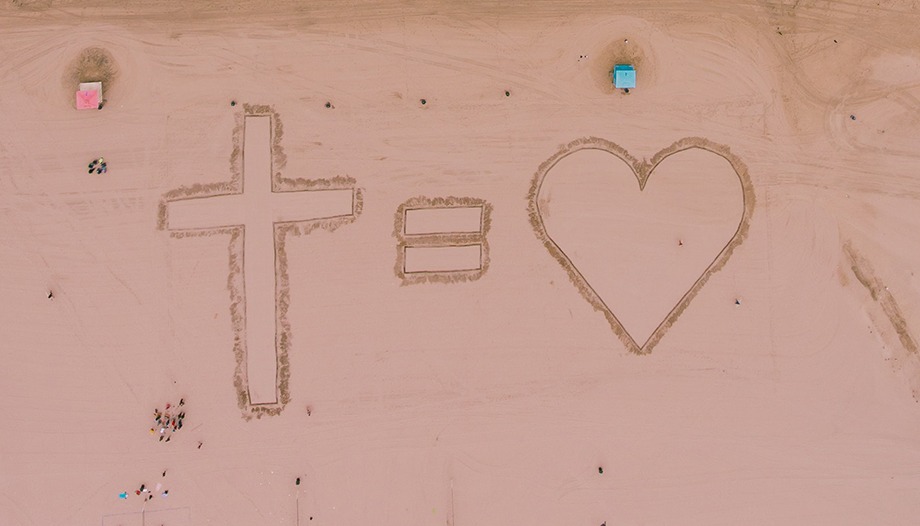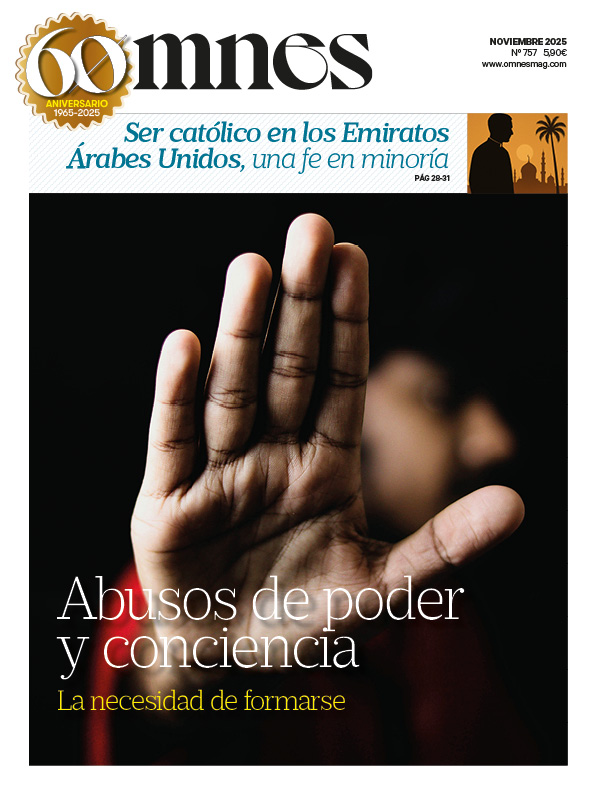Many years ago, while playing, I suggested to my friend that a child who was there watching us join the group; he replied that he could not play with that child because their families were angry. When I asked him why they were angry, his answer was unforgettable: "I was so angry.I don't know; but it has always been like that".
Over time, I have seen that this situation continues to be reproduced, especially in small, very closed groups, sometimes isolated from their environment. There, frictions are magnified and appearances, envy, resentment and the lust for power move passions.
We could think about whether this situation, with greater or lesser intensity, is recognized today among the members of some Brotherhoods, or rather of the small group that lives it more closely, around 4-5%.
In this asphyxiating environment, internal hierarchies become an end in themselves, they are fought for, without valuing personal abilities or the contribution that each one could make to the brotherhood, and leadership is identified with power, forgetting that the maximum expression of leadership is service.
In these closed micro-corporations The vision of the whole, the capacity for analysis, the perspective and the vision of the future can be lost. Everything is reduced to the realization, in the best of cases, of short-term activities, sometimes well planned, but which can be counterproductive if they are not framed in an overall strategy. That's as far as it goes
When a society cuts off the internal roots of its socialitasof its raison d'être, its structuring as a social group is denaturalized and falls apart. From then on, it becomes a toxic, addictive environment in which personal selfishness takes precedence over the common good.
In such a situation it is easy for differences of opinion, even on unimportant issues, to cause problems that turn into mutual offenses and give rise to the emergence of sides that are considered mutually irreconcilable.
The freedom of forgiveness
It is here that forgiveness, the capacity to forgive those "offenses", must appear on the scene. Forgiveness is a human right, since Christ has granted it in a total and irreversible way to every person willing to accept it with a humble and repentant heart (cf. Ps. 51:17), a forgiveness that does not erase the past, of course, but prepares us to prepare for the future.
We cannot remain stuck to the past; if we remain anchored in the pain of the offense we block our development as free persons. In forgiveness I recover my freedom and I also recognize others as free subjects, with whom I can share the Truth and the Good again.
This is not easy, because forgiveness is not a feeling that arises spontaneously, is an act of the willIt is an exercise of personal freedom for those who refuse to be chained by the resentment of an offense that, surely, was more in our pride than in reality. It is also an act of humility and strengthIt is necessary to forgive as the sinners that we are, not as the righteous. Every day we repeat: "...forgive us our trespasses as we forgive those who trespass against us."For this reason, forgiveness is not granted, it is shared.
Here the role of the Board of Governors must always be to learning and teaching forgivenessto encourage the brothers to commit their freedom in order to search, learn and choose the Good; this sequence necessarily concludes in forgiveness. It is a matter of seeing the life of brotherhood as an encounter of life and freedom, not of backbiting and banditry. Surely no one is free of having caused, by action or omission, situations that have provoked the anger of others, also the members of the Governing Board, perhaps these more than others; but we all always have remedy, despite the mistakes, because we are not what we feel or what we do, that does not constitute us, you are not your mistakesbecause it is free, which allows you to maintain or overcome them.
This is the only way to ensure that the brotherhood is a place with the dynamism proper to the theological life in which the faith begets hope and the hope enables and favors the deployment of the lovein which the forgiveness. A place to which she always comes back because, in the words of Chavela Vargas, "one always goes back to the old places where one loved life".
D. in Business Administration. Director of the Instituto de Investigación Aplicada a la Pyme. Eldest Brother (2017-2020) of the Brotherhood of the Soledad de San Lorenzo, in Seville. He has published several books, monographs and articles on brotherhoods.








